Researchers have found that supernovae explosions are preceded by observable radiation whose features should make it possible to distinguish the radiation of a future supernova from other light sources in space.
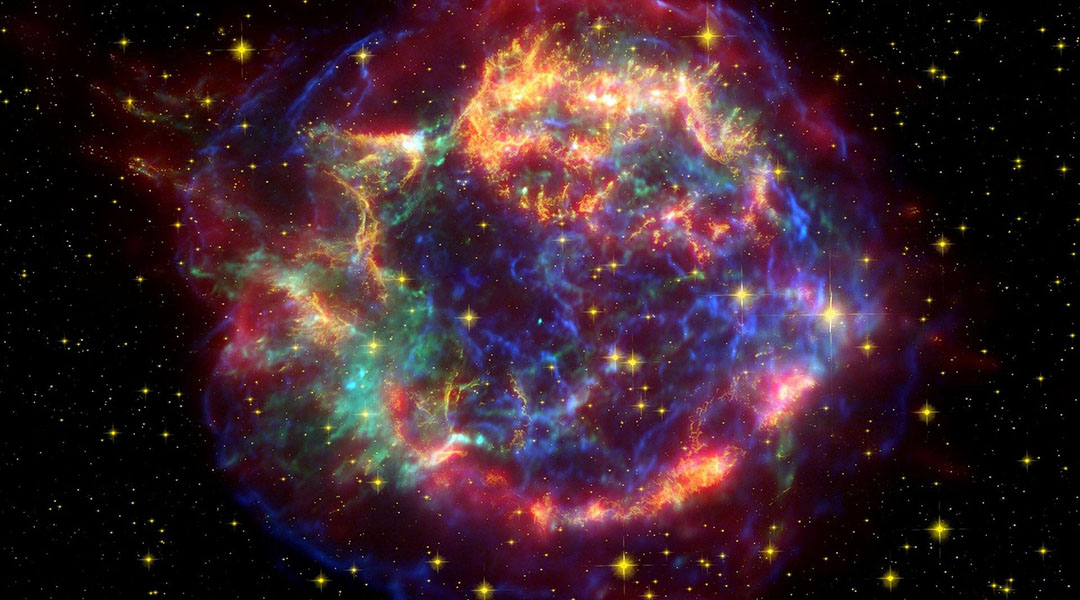

Researchers have found that supernovae explosions are preceded by observable radiation whose features should make it possible to distinguish the radiation of a future supernova from other light sources in space.

A new machine learning algorithm that can rapidly pinpoint the location of a neutron star merger using gravitational wave signals alone.
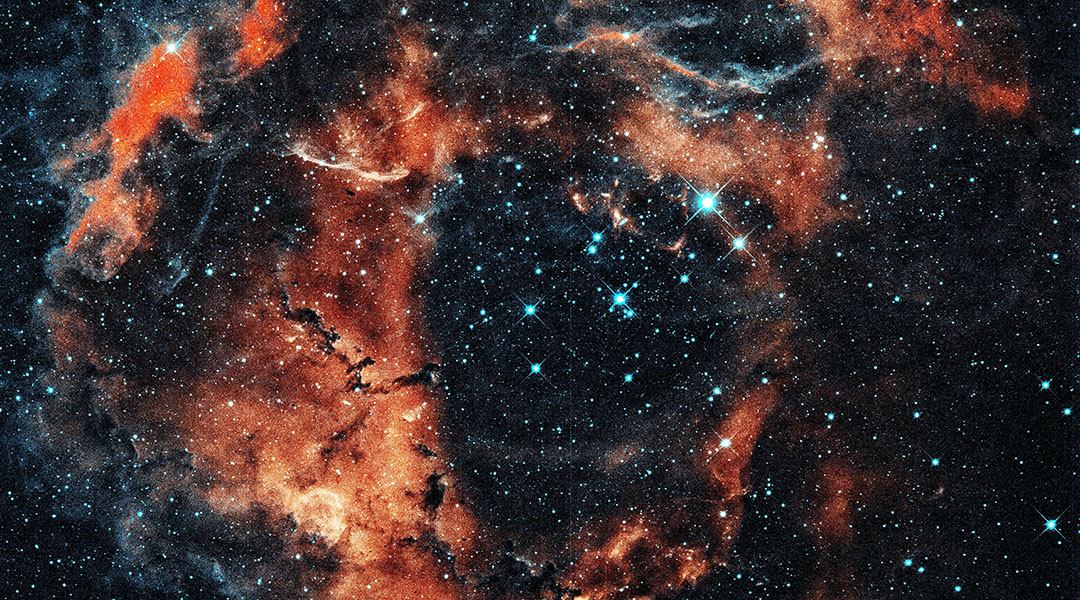
Computer simulations show that water likely appeared in the Universe much earlier than previously thought.
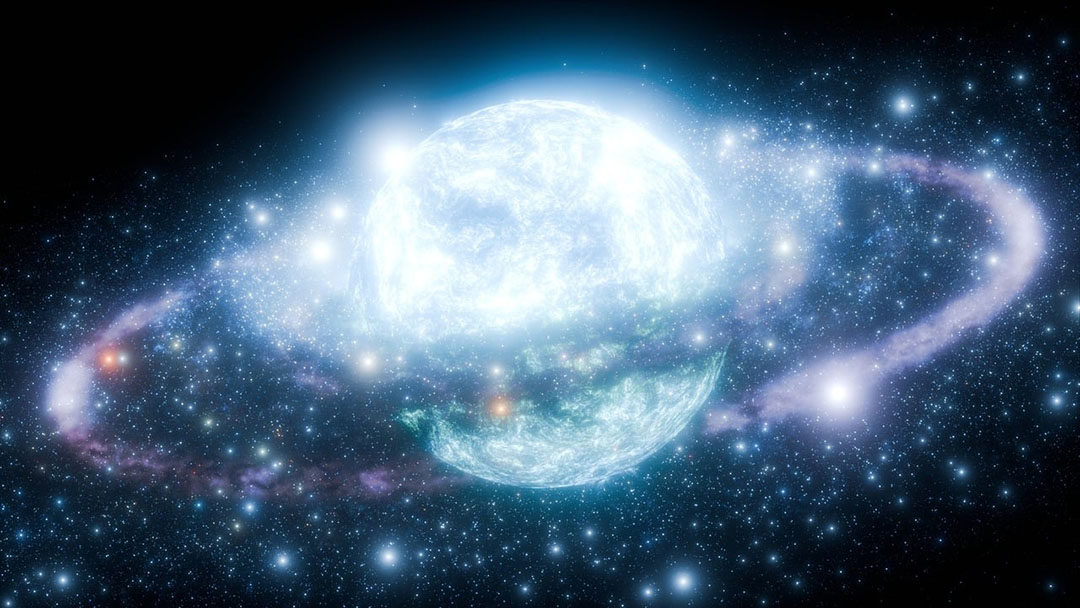
Scientists figure out how different factors, like temperature, density, and pressure, relate to each other in the matter inside neutron stars.
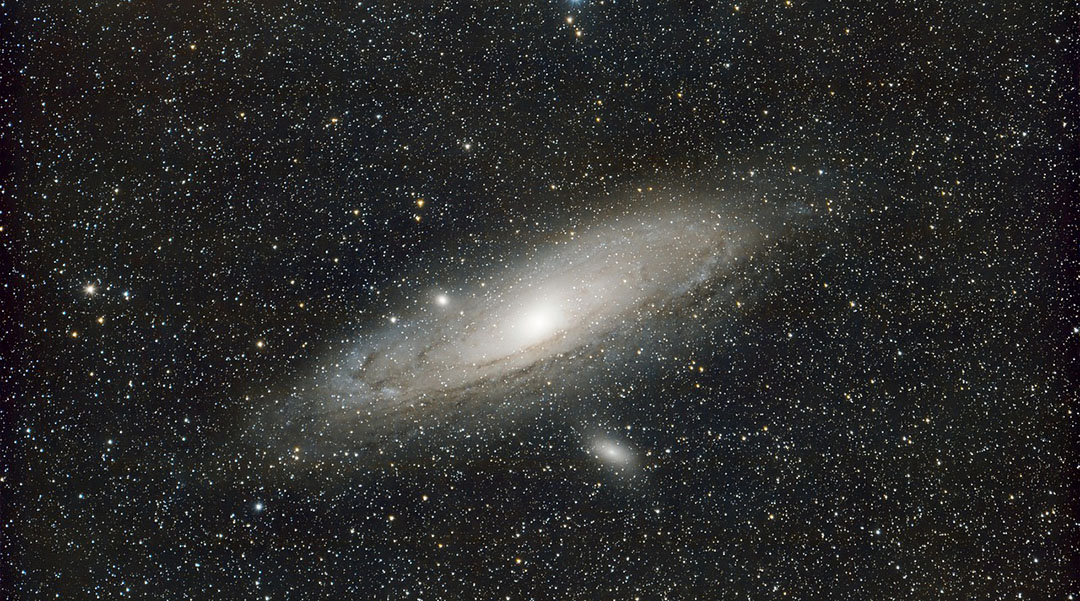
New observations suggest elongated gas filaments that stretch into space may be feeding supermassive black holes.
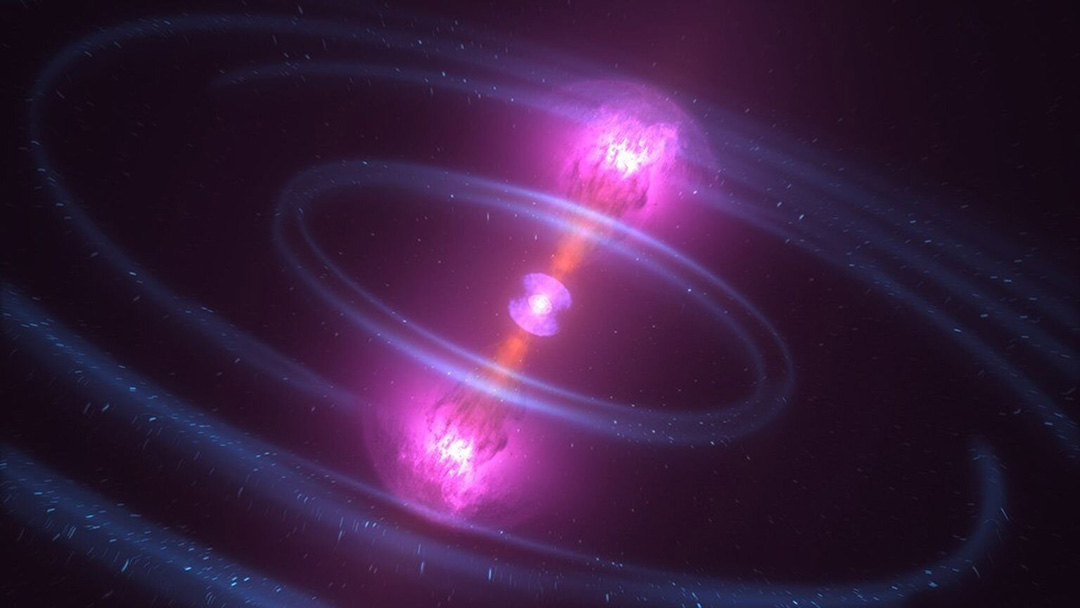
Discover how the rare star HD 65907, a field blue straggler, formed from the merger of two stars.
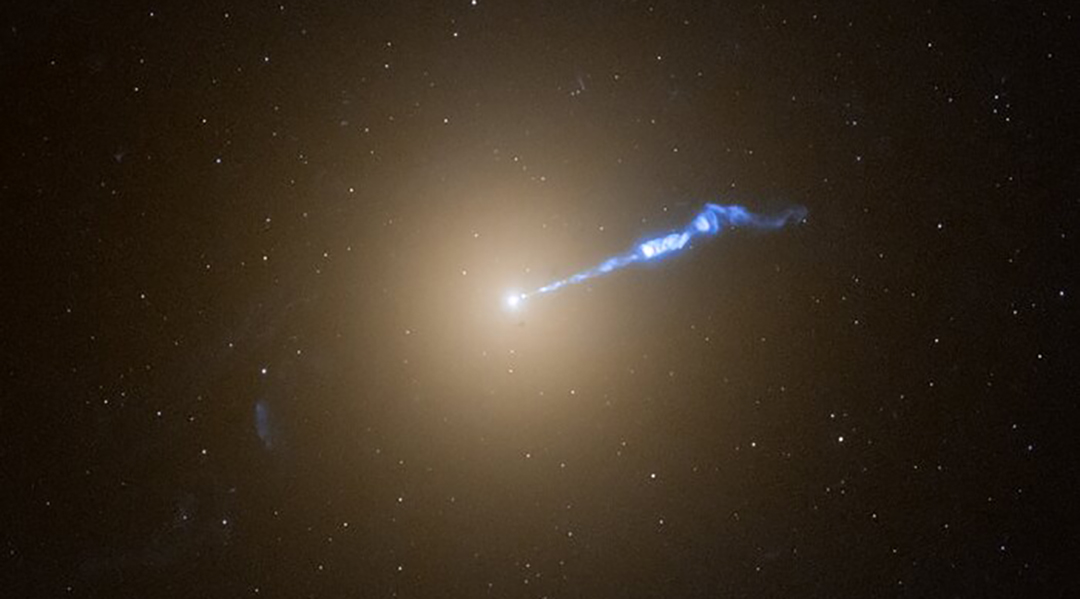
Using the Hubble Space Telescope, astronomers discovered the jet from a black hole, triggering nova explosions along its path.
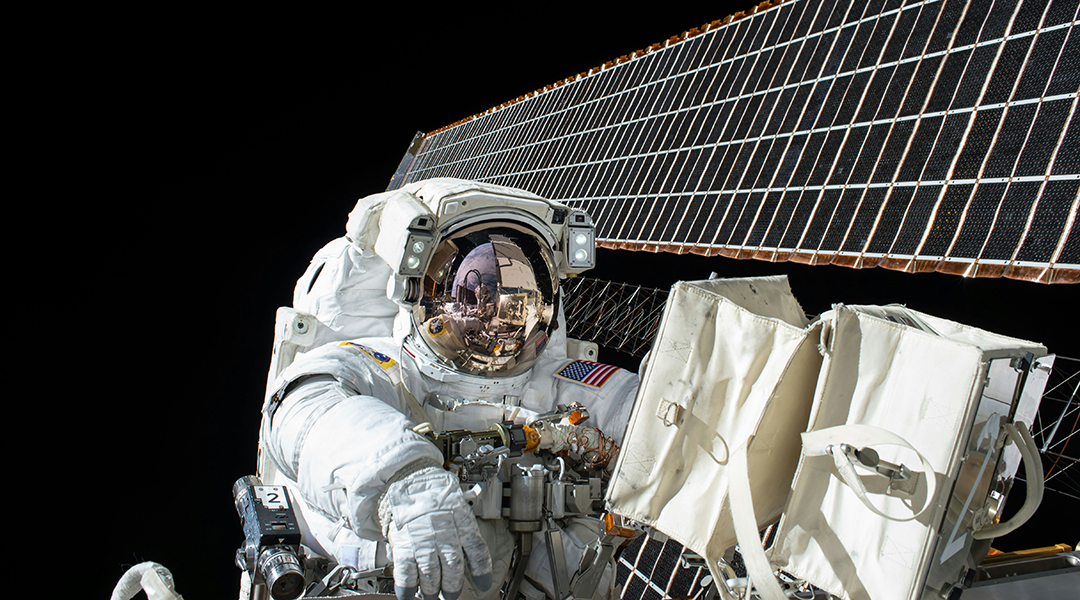
Future astronauts may be protected from galactic cosmic rays thanks to a novel organ-on-chip system containing interconnected human tissue.
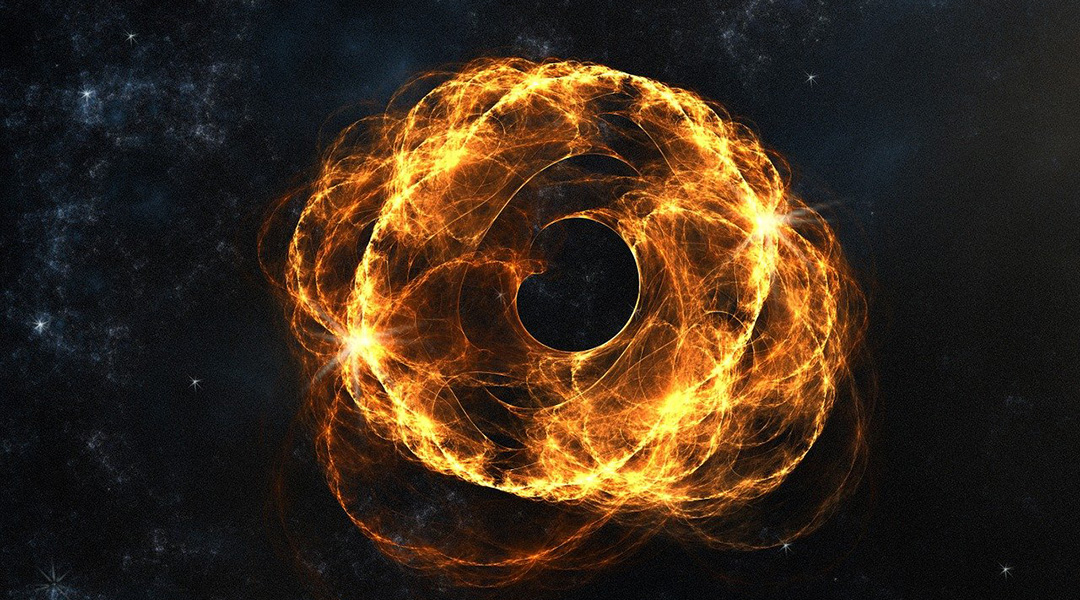
During the tumultuous mergers of black holes, smaller black holes called morsels could produce detectable Hawking radiation.
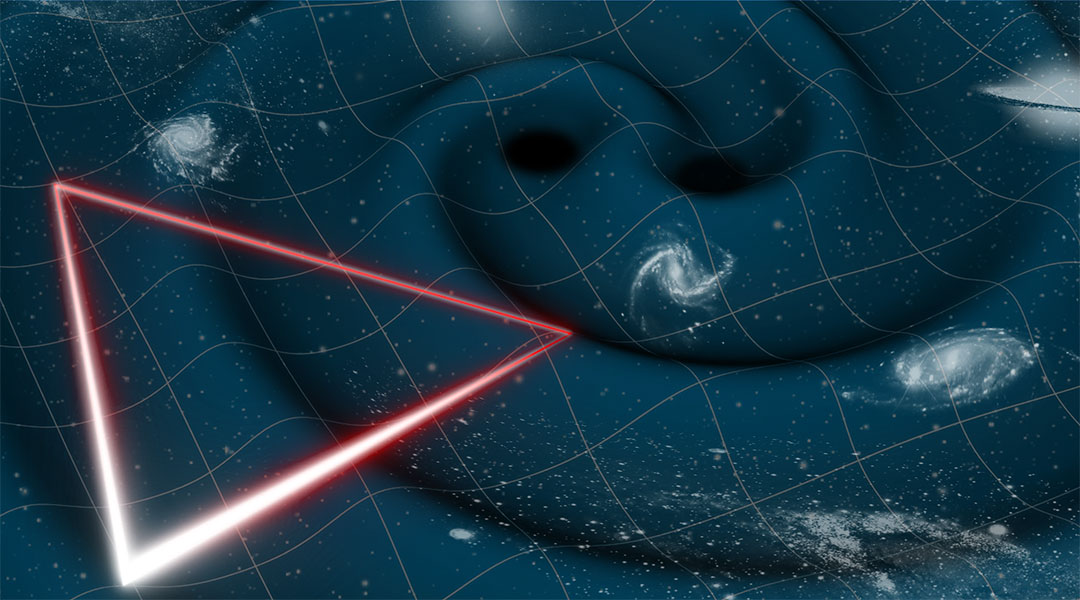
ESA greenlights LISA, a space-based observatory poised to detect gravitational waves across space and time.